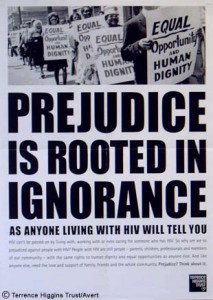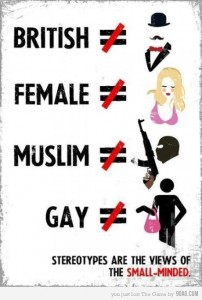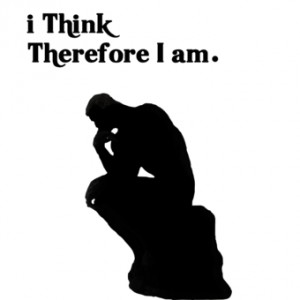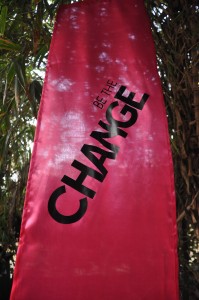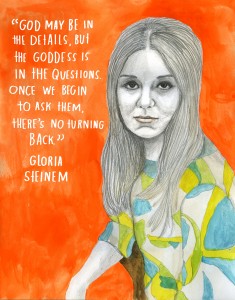Words Of The Year
This year, ASAP ran a monthly column by Coordinator Suchitra Dalvie called Word Of The Month. In a blog that introduced this column, she wrote, “Words are powerful. Language matters. What we say is shaped by our thoughts, ideas, attitudes, perceptions, reactions. In turn, what we say can shape our own behavior and actions and also influence that of others.”
As the year winds to a close, we review some of the words that have inspired our actions in 2013 and going forward, promise to energize our activities in the coming year.
People, old and young who have been stigmatized feel as though they are transforming from a whole person to a tainted one. They feel different and devalued by others, including often by their own families. Such persons often suffer from depression, low self worth and self harming behaviours. This manifests often as self enforced ‘shunning’ whereby such persons do not speak up, or speak out or share personal stories.
Read More: https://asap-asia.org/blog/word-of-the-month-stigma/
The term “Hegemony” came from the writings of Karl Marx and was conceptualised by Antonio Gramsci (1891-1937) a Marxist social philosopher. He theorised that one social class can manipulate the system of values and practices of a society, in order to create and establish a ruling-class worldview that justifies the status quo of their domination of the other social classes of the society. Simply put, a hegemony is a system where one ruling social group or state rearranges a system to suit its position.
Read More: https://asap-asia.org/blog/word-of-the-month-hegemony/
Defining personhood is a very controversial topic !! One needs to draw upon philosophy, anthropology, genetics, ethics as well as law to reach some conclusions. Susan Bordo has suggested that the overwhelming focus on personhood in abortion debates has often deprived women of their rights as persons.
Read More: https://asap-asia.org/blog/word-of-the-month-personhood/
To advocate is to “ To speak, plead, or argue in favor of” and someone who does that is an advocate–One that argues for a cause; a supporter or defender: an advocate of civil rights. Or One that pleads in another’s behalf; an intercessor: advocates for abused children and spouses or A lawyer. Advocacy is thus a political process by an individual orgroup which aims to influence public and policy and resource allocation decisions within political, economic, and social systems and institutions.
Read More: https://asap-asia.org/blog/word-of-the-month-advocacy/
The phrase ‘the personal is political’ does not mean that everything a woman does is political or that all her personal choices are political choices. In feminist terms, the ‘personal is political’ refers to the theory that personal problems are political problems, which basically means that many of the personal problems women experience in their lives are not their fault, but are the result of systematic oppression.
Read More: https://asap-asia.org/blog/word-of-the-month-the-personal-is-political/

